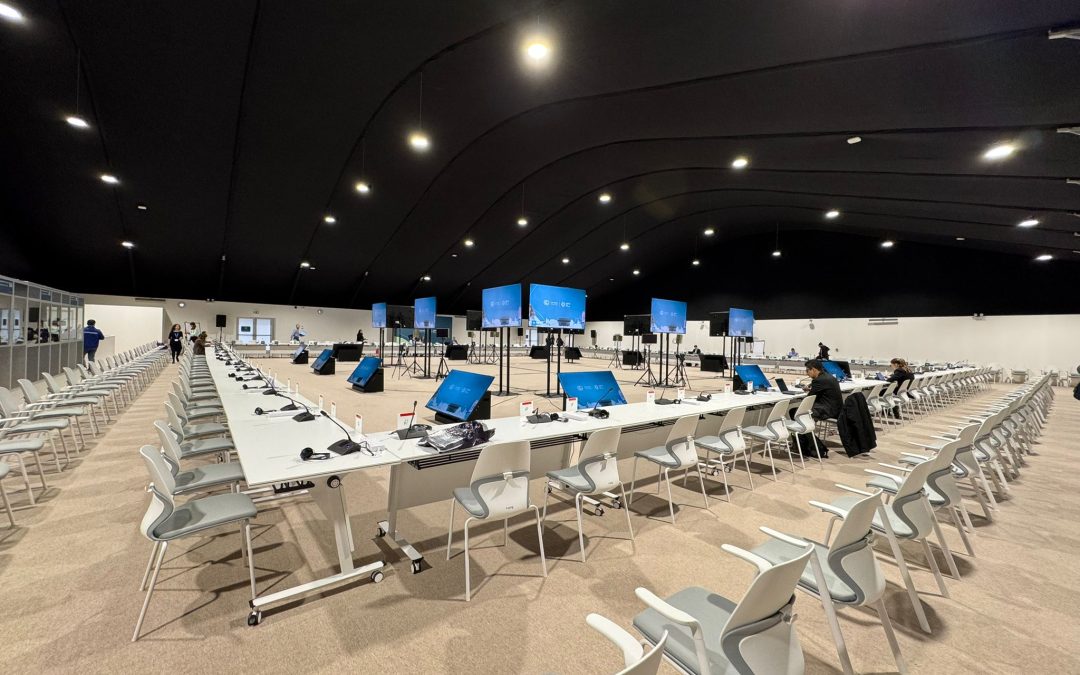Written by Andrea Rivosecchi, PhD student with SCENARIO DTP, University of Reading, UK.
“How many people know about COP29 or UNFCCC in the outside world?” former UNEP Executive Director Erik Solheim asked his audience in a meeting today. What is a (sadly) topical question that delegates should ask themselves today, It should also be rapidly assessed before we face its consequences.
Luckily for all of us, the importance of broader community involvement in climate action, or “bottom-up” action, was repeatedly stressed throughout the third day of COP29.
However, “community” is, indeed, a broad term. It encapsulates all actors of societies worldwide: from indigenous people to multinational private firms, from regional administrative bodies to citizens; we can all play a role in delivering successful climate action.
Promoting diffused action at different levels of society offers significant advantages. Firstly, empowering local actors allows them to operate independently from the national direction. As Washington State Governor Jay Inslee proudly reported, this allows local administrators to continue their precious groundwork with communities even when the climate agenda changes at the national level. In addition, the involvement of local administrators helps design more effective climate action and increase valuable engagement from the affected communities.
However, for the bottom-up approach to be effective, it needs help from the top level. Two excellent yet very different examples of this collaboration were showcased at the “High-level Champions Meeting”.
Financial executive serving as the Special Envoy of U.N Secretary-General on Innovative Finance and Sustainable Investments, Hiromichi Mizuno pointed out that financial markets will start fuelling large-scale climate action only when investors can truly trust governmental climate action plans. We need to activate significant financial flows into climate action in the short term. These are not more ambitious or unachievable pledges but clear roadmaps on how countries plan to achieve current mitigation targets.
From a completely divergent socio-economic group, Indigenous rights activist Joan Carling stressed the importance of the ‘finance COP’ to make funds available for all. This also includes Indigenous people around the world, who are currently stewarding one-third of global forests without receiving any financial help from the parties. Crucially, funding must be allocated through appropriate tools designed in strict collaboration with the recipients.
As world leaders prepare to leave Azerbaijan today, there is hope they overheard some of these conversations and will start aligning their policy agenda to the requests coming from different societal actors in their countries. Indeed, as the Albanian prime minister rightfully reminded his colleagues: “good words alone change nothing”.


